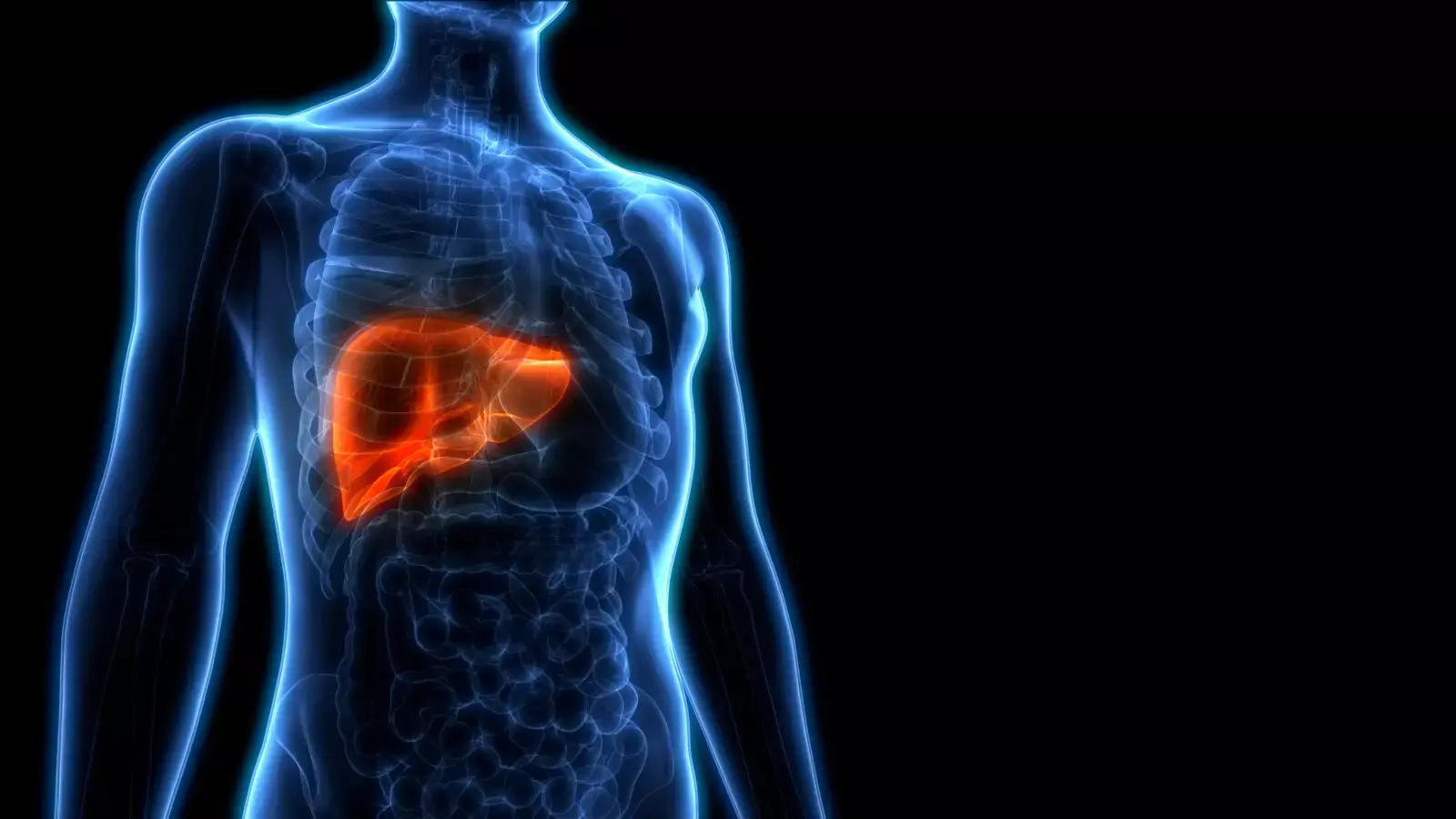- Home
- Medical news & Guidelines
- Anesthesiology
- Cardiology and CTVS
- Critical Care
- Dentistry
- Dermatology
- Diabetes and Endocrinology
- ENT
- Gastroenterology
- Medicine
- Nephrology
- Neurology
- Obstretics-Gynaecology
- Oncology
- Ophthalmology
- Orthopaedics
- Pediatrics-Neonatology
- Psychiatry
- Pulmonology
- Radiology
- Surgery
- Urology
- Laboratory Medicine
- Diet
- Nursing
- Paramedical
- Physiotherapy
- Health news
- Fact Check
- Bone Health Fact Check
- Brain Health Fact Check
- Cancer Related Fact Check
- Child Care Fact Check
- Dental and oral health fact check
- Diabetes and metabolic health fact check
- Diet and Nutrition Fact Check
- Eye and ENT Care Fact Check
- Fitness fact check
- Gut health fact check
- Heart health fact check
- Kidney health fact check
- Medical education fact check
- Men's health fact check
- Respiratory fact check
- Skin and hair care fact check
- Vaccine and Immunization fact check
- Women's health fact check
- AYUSH
- State News
- Andaman and Nicobar Islands
- Andhra Pradesh
- Arunachal Pradesh
- Assam
- Bihar
- Chandigarh
- Chattisgarh
- Dadra and Nagar Haveli
- Daman and Diu
- Delhi
- Goa
- Gujarat
- Haryana
- Himachal Pradesh
- Jammu & Kashmir
- Jharkhand
- Karnataka
- Kerala
- Ladakh
- Lakshadweep
- Madhya Pradesh
- Maharashtra
- Manipur
- Meghalaya
- Mizoram
- Nagaland
- Odisha
- Puducherry
- Punjab
- Rajasthan
- Sikkim
- Tamil Nadu
- Telangana
- Tripura
- Uttar Pradesh
- Uttrakhand
- West Bengal
- Medical Education
- Industry
Frailty helps predict mortality risk associated with progressive liver cirrhosis: Study

Canada: In a new study conducted by Sarah Wang and team, frailty was found to be an independent predictor of progression of cirrhosis or mortality, as well as unnecessary hospitalization in both compensated and decompensated cirrhosis patients. The findings of this study were published in the journal Hepatology.
The Liver Frailty Index (LFI) is a widely known and well-studied instrument for assessing frailty in cirrhotic individuals. The LFI, which includes grip strength, chair stands, and balance testing, has been linked to an increase in mortality in patients awaiting a liver transplant. The goal of this study was to learn more about frailty in cirrhosis by investigating the association between the LFI and the risk of (1) death, (2) cirrhosis progression, and (3) unplanned hospitalizations in both compensated and decompensated illness.
Cirrhotic adults from four sites in North America and one in India were included in the study. The LFI was used to assess frailty at baseline, and it was classified as robust (LFI 3.2), prefrail (LFI 3.2-4.5), or frail (LFI > 4.5). Cirrhosis progression was defined as an increase in clinical stage (from 1 to 5) from baseline using the D'Amico classification. Multivariate regression models were used to examine factors related to progression, death, and hospitalizations, with transplants serving as a competing risk.
The results of this study stated as follow:
1. In all, 822 cirrhotic individuals were included in the study.
2. The average MELD (Model for End-Stage Liver Disease) score was 15.5 6.0. After controlling for age, gender, and MELD score, being frail vs robust was associated with a higher risk of progression to the next cirrhosis stage or mortality (HR, 2.45) and an increased risk of unplanned hospitalizations (2.32).
3. Patients with decompensated cirrhosis had similar HRs.
In conclusion, In both compensated and decompensated cirrhosis, frailty has shown to be an independent predictor of cirrhosis progression or mortality, as well as unscheduled hospitalizations.
Reference:
Wang S, Whitlock R, Xu C, Taneja S, Singh S, Abraldes JG, Burak KW, Bailey RJ, Lai JC, Tandon P. Frailty is associated with increased risk of cirrhosis disease progression and death. Hepatology. 2022 Mar;75(3):600-609. doi:10.1002/hep.32157. Epub 2021 Dec 5. PMID: 34528267.
Medical Dialogues consists of a team of passionate medical/scientific writers, led by doctors and healthcare researchers. Our team efforts to bring you updated and timely news about the important happenings of the medical and healthcare sector. Our editorial team can be reached at editorial@medicaldialogues.in.
Dr Kamal Kant Kohli-MBBS, DTCD- a chest specialist with more than 30 years of practice and a flair for writing clinical articles, Dr Kamal Kant Kohli joined Medical Dialogues as a Chief Editor of Medical News. Besides writing articles, as an editor, he proofreads and verifies all the medical content published on Medical Dialogues including those coming from journals, studies,medical conferences,guidelines etc. Email: drkohli@medicaldialogues.in. Contact no. 011-43720751


